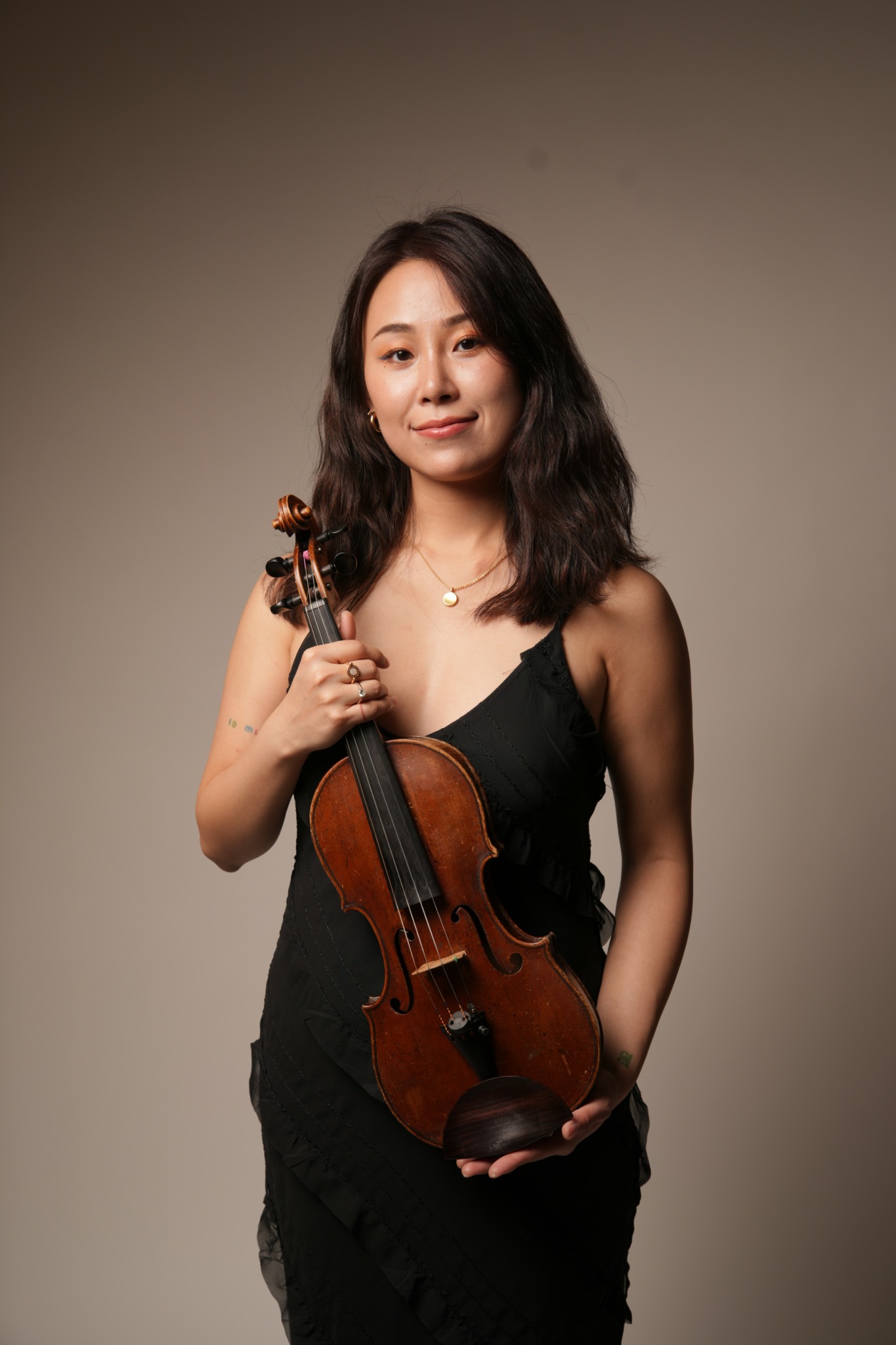We’re excited to introduce you to the always interesting and insightful Yi Charice Tang. We hope you’ll enjoy our conversation with Yi Charice below.
Yi Charice, appreciate you joining us today. We’d love to hear about a project that you’ve worked on that’s meant a lot to you.
Two years ago, the GAIA Quartet came together when four girls who enjoyed playing music decided to form an all-female quartet.
I’m the only member of GAIA who isn’t from the U.S. Growing up and studying in both China and Germany, I’ve seen how music can connect people across cultures and languages. But most of the time, that connection happens only through European classical repertoire—like Mozart and Beethoven. When I played works by non-Western, female, underrepresented, and living composers, I noticed that audiences struggled to connect. There’s still a common belief that classical music only belongs to the past and only to Europe.
When GAIA first started, we didn’t limit ourselves to established works—we collaborated with many emerging composers. Their fresh ideas and moving music always inspired me. But I began to notice that audiences seemed more drawn to our concerts when we featured classical repertoire they were already familiar with. Without that sense of familiarity, music by living composers feels distant—even though their work often speaks more directly to today’s world than the standards. Living composers have written, and are still writing, incredible music, but much of it goes unheard simply because people don’t know it’s there, or don’t have access to it. Too often, the only ones supporting new music are other composers and musicians.
That’s when my mission—for both myself and for GAIA—became clear: we need to bring modern music to modern audiences. GAIA launched “Sonority Unleashed” in 2023, a concert series designed to make new music more engaging by incorporating non-musical elements into each show. Our first program paired each piece with different mocktails and appetizers, encouraging listeners to connect with the music through taste, bringing a new meaning to ‘digesting the music’. Our second program incorporated a light show programmed specifically for each piece we performed, allowing a visual representation of the music.
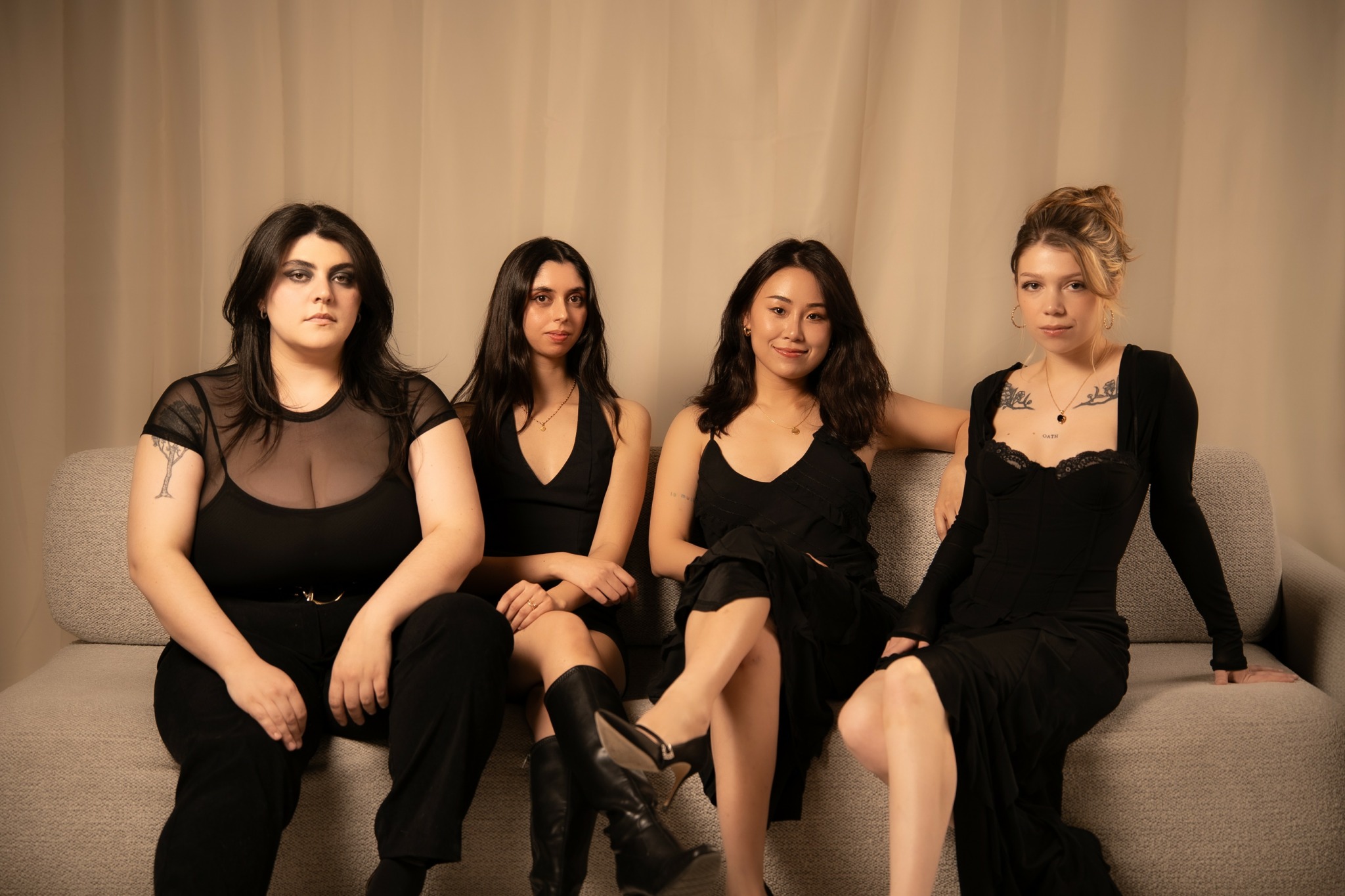
Yi Charice, before we move on to more of these sorts of questions, can you take some time to bring our readers up to speed on you and what you do?
I started playing the violin when I was four years old, and I’m the first and only musician in my family. Music has always been deeply woven into my life, both as a listener and as a performer. I believe musicians carry the important responsibility of delivering messages to their audience, whether it’s about the music itself or the state of the world we live in.
In 2021, I moved to the U.S. from Germany to pursue my Master’s degree in violin performance at the Longy School of Music in Cambridge, Massachusetts. That’s where I met the other three members of the GAIA Quartet. Throughout our years of studying music, we all noticed how little recognition women composers receive—in both the past and present. It was the determination to change the status quo that brought us together. As an intentionally all-woman string quartet, we knew that giving a platform to women in the industry had to be at the heart of our mission. Gaia, the Greek embodiment of Mother Earth, is one of the earliest symbols of womanhood—powerful, yet often overlooked and taken for granted. In mythology, she was exploited despite being the foundation of all life. Her story resonated with all of us: a reflection of resilience, a true testament to womanhood. We named our ensemble after Gaia to honor our womanhood and embrace the strength to persist, evolve, and create—just as Gaia always has, and just as GAIA continues to do.
In addition to promoting music by women composers, one of GAIA’s main missions is to bridge the gap between modern audiences and contemporary classical music. Coming up this year, GAIA’s debut album “In Time” is our next step in breaking barriers and making modern music more accessible. Featuring music exclusively by living composers from different cultures, many of whom we commissioned, the album explores different depictions of time—how we perceive it, how we lose it, and how we hold on to it.
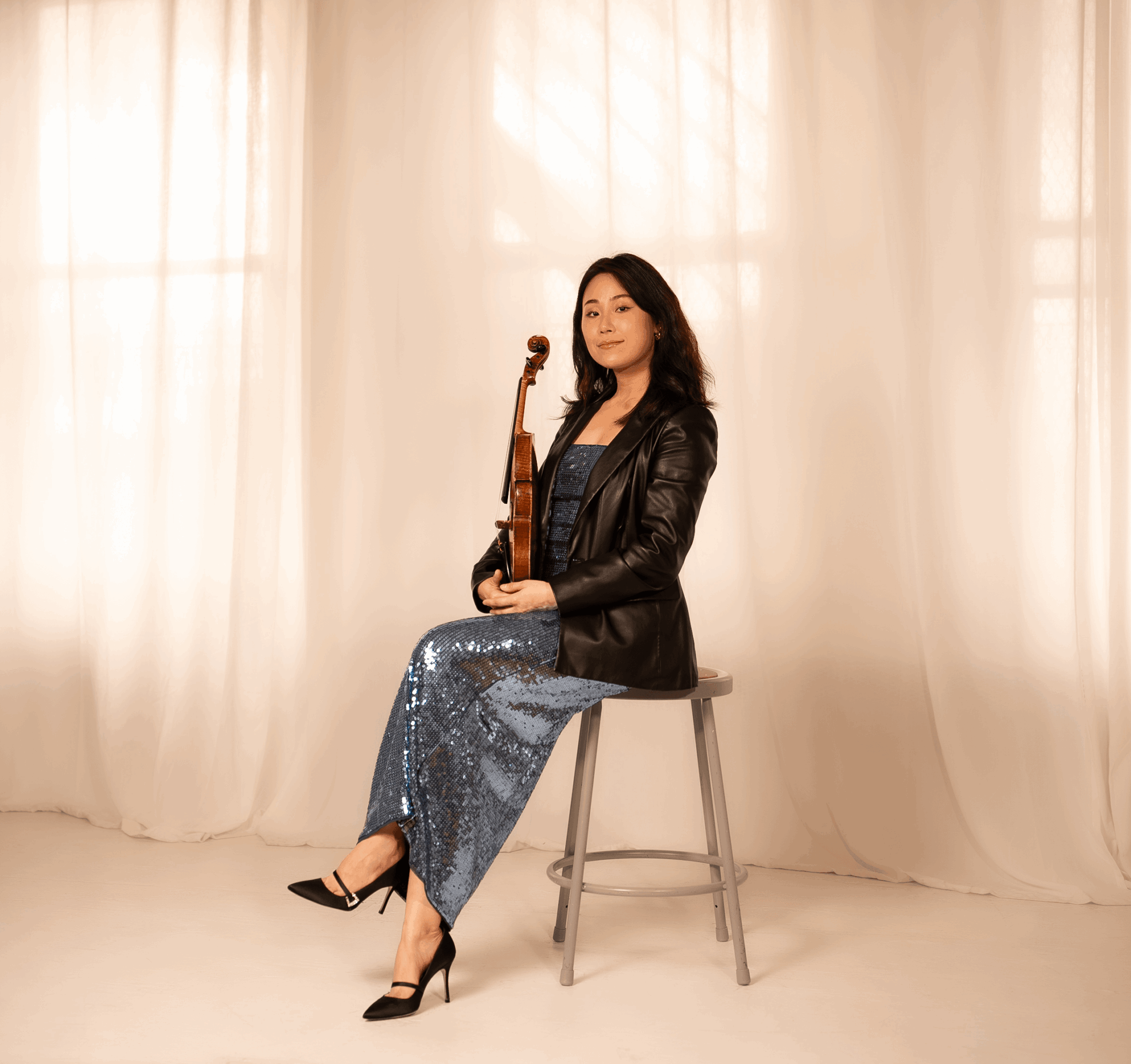
We often hear about learning lessons – but just as important is unlearning lessons. Have you ever had to unlearn a lesson?
For the longest time, we have always been told that music is a universal language that transcends culture and time, that it is some kind of sublime invention that could bring harmony to all human beings. But the reality is that our ability to perceive music has been a product of years of conditioning. The majority of music we can hear today are based on the Western European musical language. Our affinity with traditional classical music is actually a result of centuries of colonization and Eurocentrism. It is impossible to have one kind of music that speaks to all audiences, but this is an excellent opportunity for listeners to discover unfamiliar sounds. I strive to speak to my audiences with a diverse selection of pieces, encouraging them to explore the un-universalness of music.

Are there any books, videos, essays or other resources that have significantly impacted your management and entrepreneurial thinking and philosophy?
I Will Teach You to be Rich by Ramit Sethi
Beyond Talent by Angela Myles Beeching
Contact Info:
- Website: https://www.thegaiaquartet.com
- Instagram: @gaiaquartet
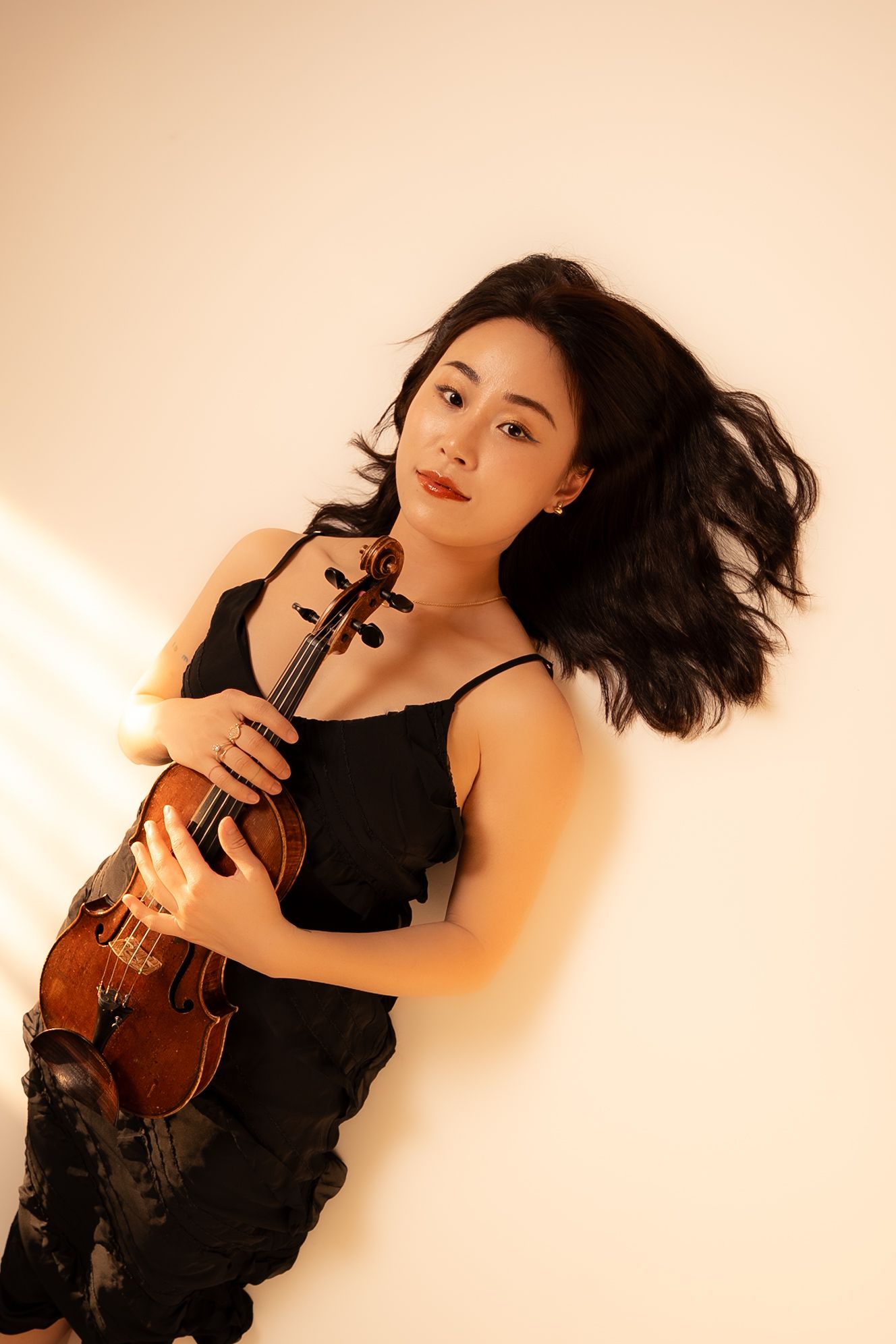
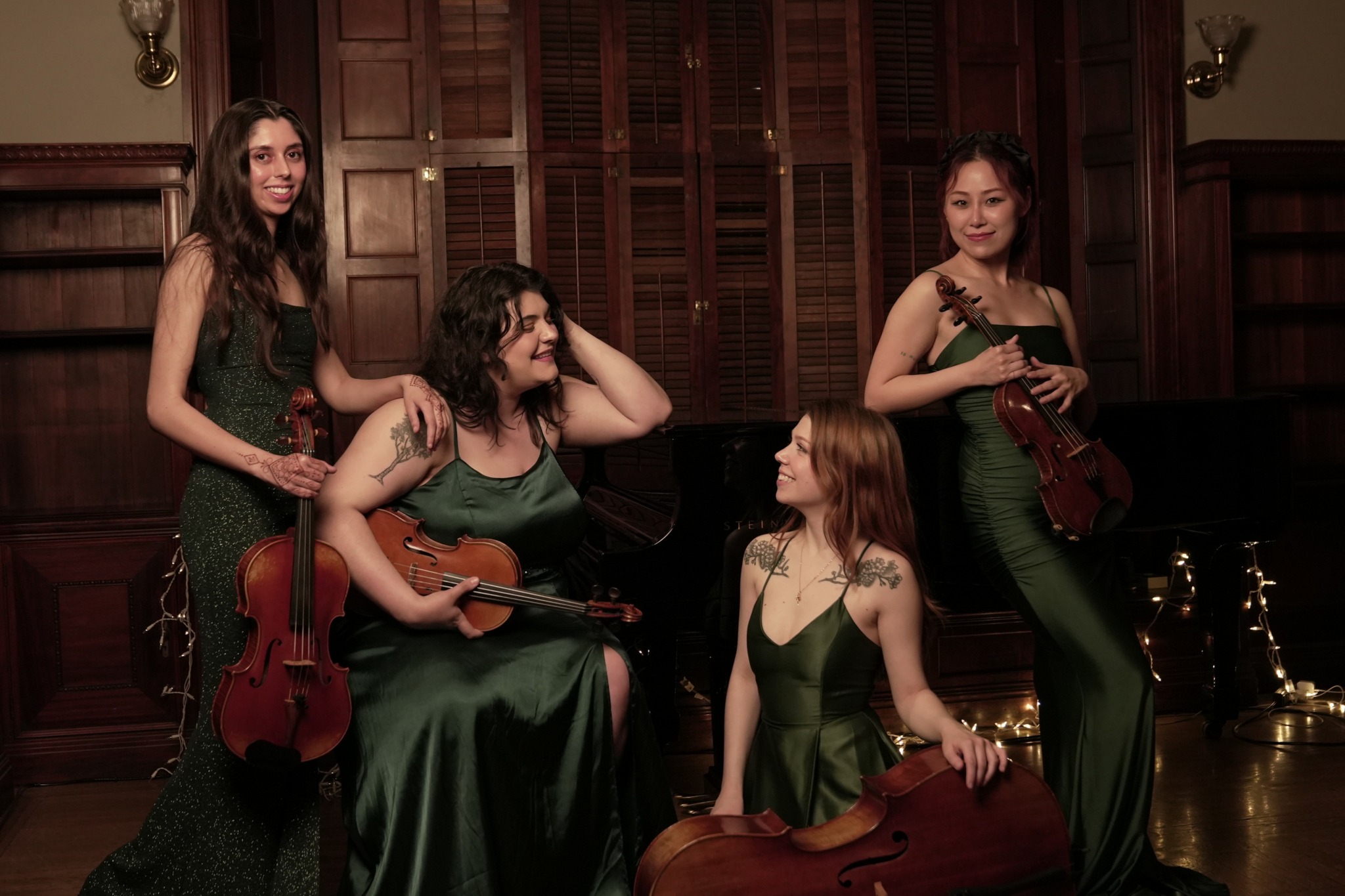

Image Credits
Photographer: Hannan Du
Studio: Monday Music
@_mondaymusic


